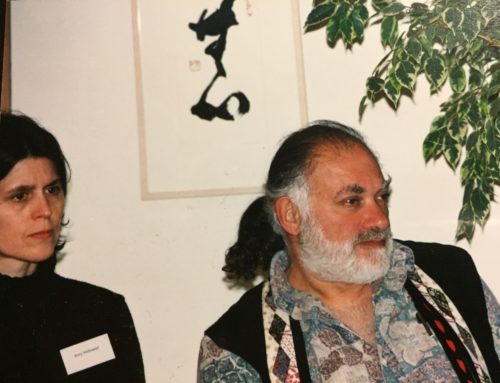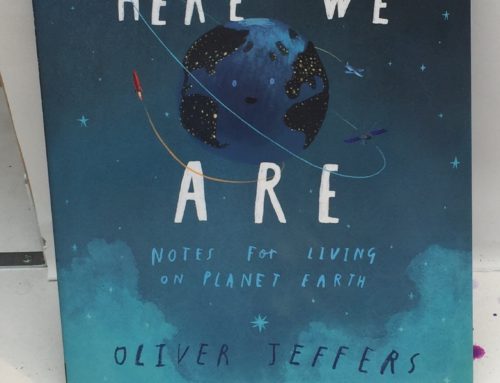As I consider where I am at this moment (in light of where I have been since setting out on this Zen path 20 years ago), I came upon this beautiful account from the historic Buddha:
This Dharma I have reached is deep, hard to see, difficult to awaken to, quiet and excellent, not confined by thought, subtle, sensed by the wise. But people love their place: they delight and revel in their place. It is hard for people who love, delight and revel in their place to see this ground: this-conditionality, conditioned arising.
(Many thanks to Stephen Batchelor for including it in his book, Confession of a Buddhist Atheist.)







http://www.swissfakeuhren.de
Por desgracia este lugar es demasiado hermoso como para que se lo pueda dejar sin que ello nos produzca un desgarramiento.
El peligro de vivir en un mundo demasiado hermoso. La desagregación “moral” cuando uno abandona la carrera, y ya no tiene rivales, porque se vive fuera de los valores corrientes. El yo se disuelve en el Paraíso o en todo aquello que se le parezca.
Tal vez fue para salvarse por lo que Adán hizo lo que hizo. Temía su ruina por felicidad.
— E. M. Cioran, Cuaderno de Talamanca [Ibiza], Valencia: Pre-textos, 2002, p.57
Cioran wrote in French, but I only have this in Spanish. What follows is but a clumsy attempt of translation:
«Unfortunately this place is too beautiful for one to leave without some tear-apart may occur.
The danger of living in a too beautiful world. The "moral" disintegration, when one leaves one’s career, and has no rivals, because one lives outside current values. The Self dissolves itself in Paradise or in anyplace that may resemble it.
Maybe it was to save himself that Adam did what he did. He feared his downfall by happiness.»
–So the self dissolves itself in Paradise. Or is it the other way around? And what is Paradise? Is it a state of mind, a time, a place? Or is it our place, where we “delight and revel”?
One of my favorite authors.